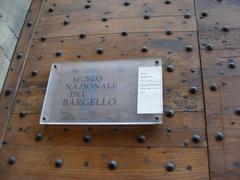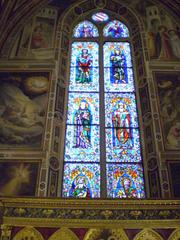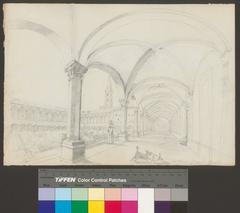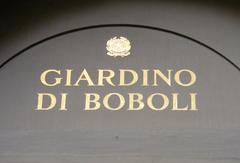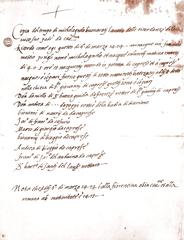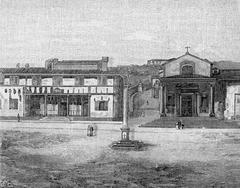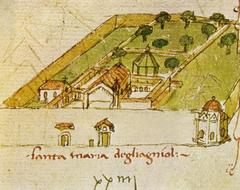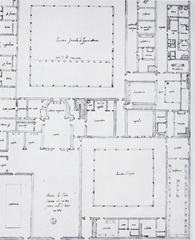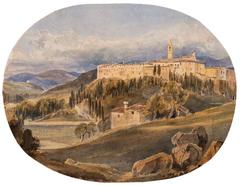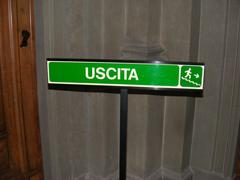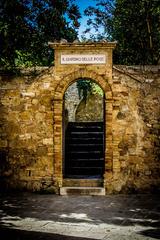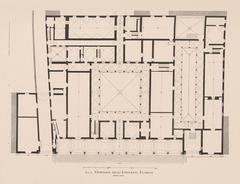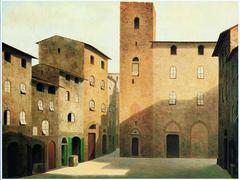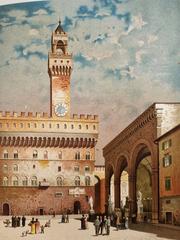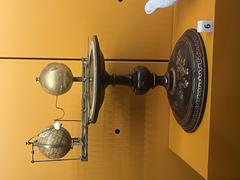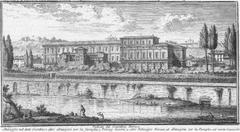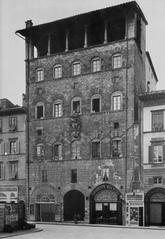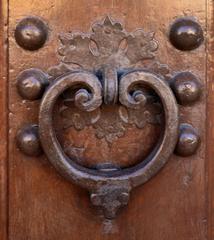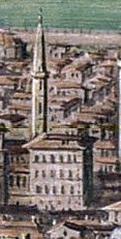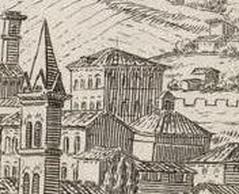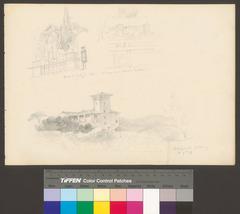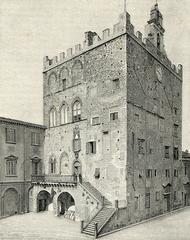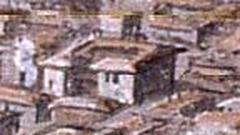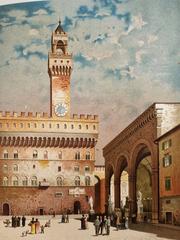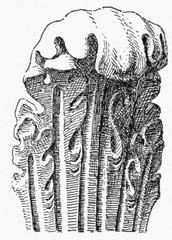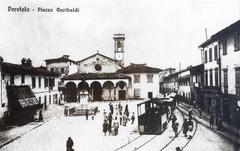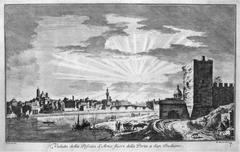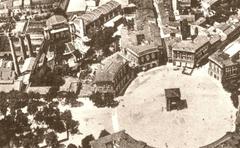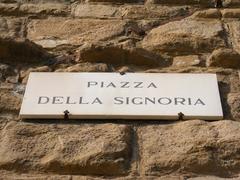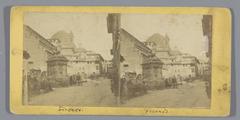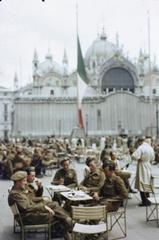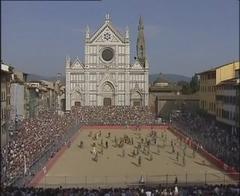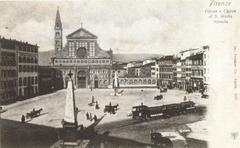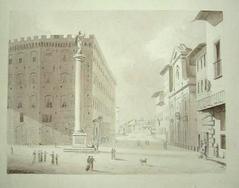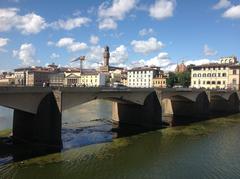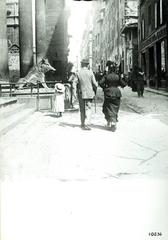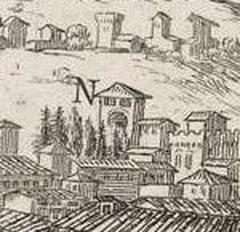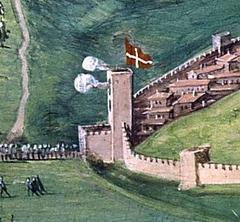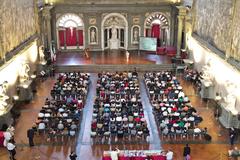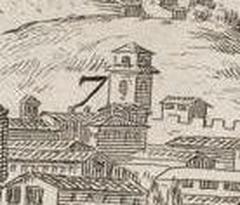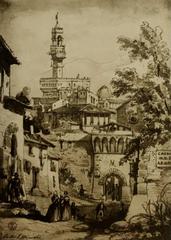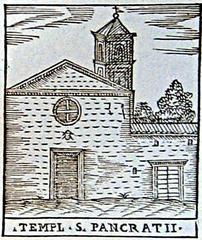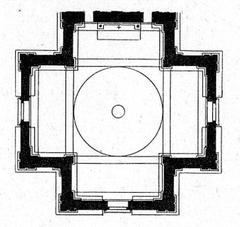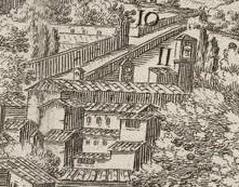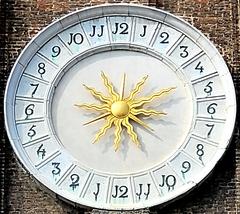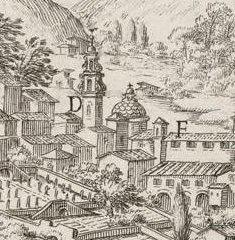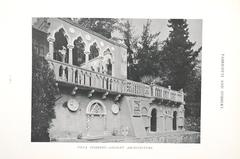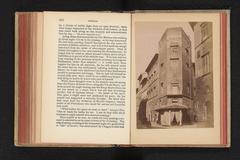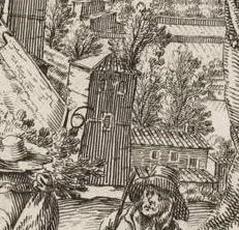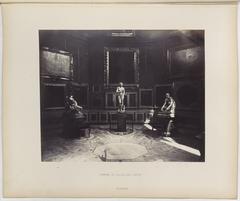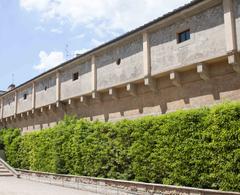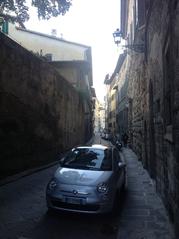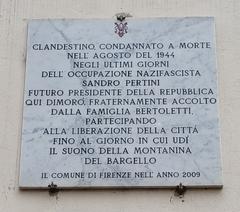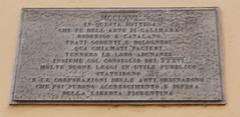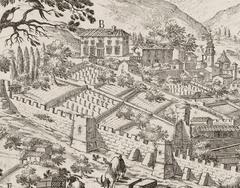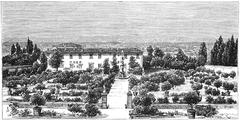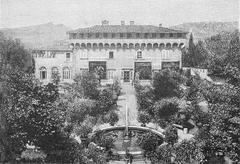Archivio di Stato di Firenze: Visiting Hours, Tickets, and Historical Significance
Date: 03/07/2025
Introduction
The Archivio di Stato di Firenze (Florence State Archives) is not only a guardian of Florence’s historical memory but also a vibrant cultural institution that welcomes researchers, students, and cultural travelers. This guide provides comprehensive, up-to-date information on its history, collections, visiting hours, ticketing, accessibility, and practical tips for a seamless and enriching experience.
Table of Contents
- Introduction
- Historical Background and Significance
- Location and Architectural Evolution
- Collections and Notable Holdings
- Visiting Information
- Facilities and Services
- Nearby Attractions
- Research and Digital Resources
- FAQ
- Summary and Traveler Tips
- References and Further Reading
Historical Background and Significance
Founded in 1852, the Archivio di Stato di Firenze centralizes and preserves the immense documentary heritage of Florence and Tuscany, dating back to the 8th century. Initially housed in the Uffizi Gallery, the archive brought together records from the Medici and Lorraine dynasties and ecclesiastical and civic repositories (SIAS - Archivio di Stato di Firenze; Wikipedia).
A turning point in the archive’s history was the 1966 flood of the River Arno, which damaged tens of thousands of documents. This event spurred the creation of a purpose-built, modern facility on Viale della Giovine Italia in 1989, equipped with advanced conservation laboratories (Italia.it).
The archive’s holdings—over 600 fonds stretching more than 75 km—chronicle centuries of political, social, economic, and artistic evolution, making it essential for historians, genealogists, and anyone interested in Florence’s enduring legacy (Wikipedia; Tripomatic).
Location and Architectural Evolution
The current archive is located at Viale della Giovine Italia, 6, 50122 Florence, Italy, close to Piazza Beccaria and within walking distance of the city’s historic center (Official Website). The modern building, designed after the 1966 flood, ensures optimal preservation conditions and accessibility for visitors.
How to Get There:
- Short walk from Florence’s heart and the Arno River.
- Accessible by city buses; Santa Maria Novella railway station is ~20 minutes on foot.
- Limited parking; public transport or walking is advised (Google Maps location).
Collections and Notable Holdings
The archive’s collections span from medieval to contemporary documents, including:
- Medieval and Renaissance Records: Chief Magistrate, Captain of the People, Chamber of the Commune, Land Office, and the General Archive of Contracts (Brunelleschi IMSS).
- Diplomatic Archives: Parchments and correspondence from the Grand Duchy of Tuscany (Brunelleschi IMSS).
- Notarial and Civil Status Records: Vital for genealogical and legal research, including the Civil Status of Tuscany fund and conscription lists (Antenati Portal).
- Genealogical Collections: The Papiani Ceramics Collection with data on Tuscan noble families.
- Maps and Cartographic Holdings: Detailing Tuscany’s evolving landscape.
- Photographic and Special Collections: Notably images of Florence’s post-WWII reconstruction (Firenze Fuori - Exhibition 2024).
Visiting Information
Opening Hours
- Monday to Friday: 8:30 a.m. – 6:00 p.m.
- Saturday: 8:30 a.m. – 1:30 p.m.
- Closed on Sundays and public holidays
- Special Exhibition Hours: During events, opening hours may be extended (055Firenze). Always confirm on the official website.
Admission and Tickets
- Admission: Free for research and exhibitions.
- Exhibitions/Tours: Some may require (free) advance booking (La Nazione).
Registration and Entry
- Registration: Required for all visitors consulting archival materials. Bring valid photo ID; researchers may need proof of affiliation.
- Security: Large bags, coats, and backpacks are not allowed in reading rooms; use complimentary lockers.
- Visitor Pass: Provided upon registration and must be worn at all times.
Guided Tours and Events
- Guided Tours: Offered regularly during exhibitions and upon request; booking recommended.
- Workshops and Heritage Walks: Check the events page for current offerings.
Accessibility
- Fully wheelchair accessible, with adapted entrances, restrooms, and reading rooms.
- Contact the archive in advance for specific accessibility needs.
Visitor Tips
- Plan Ahead: Consult online inventories and contact staff before your visit.
- Arrive Early: Reading room seating is limited.
- Essentials Only: Only pencils, laptops, and notepads are allowed in reading rooms.
- Photography: Usually permitted for personal research (no flash/tripods); restrictions may apply for fragile items or exhibitions (reproduction policy).
- Staff Assistance: Staff speak Italian, English, and often French; prepare queries in Italian for best results.
Facilities and Services
- Reading Rooms: Spacious, well-lit, with free Wi-Fi.
- Digital Access: Many collections are digitized and available on-site. Online inventories can be accessed in advance (online inventories).
- Conservation Laboratory: Modern facilities for document restoration.
- Lockers: Provided for personal items.
Onsite Amenities: No café, but vending machines are available. Numerous local cafés and restaurants are nearby.
Nearby Attractions
The archive is ideally located for combining your visit with Florence’s top historical sites:
- Basilica di Santa Croce
- Bargello Museum
- Biblioteca Nazionale Centrale di Firenze
- Uffizi Gallery
- Florence Cathedral (Duomo)
- Palazzo Vecchio
Research and Digital Resources
- Online Catalogues: Accessible via the official website.
- Antenati Portal: For genealogical and civil status research (Antenati Portal).
- Archivist Support: Expert staff available to assist with queries.
Frequently Asked Questions (FAQ)
Q: What are the visiting hours?
A: Monday–Friday 8:30 a.m.–6:00 p.m.; Saturday 8:30 a.m.–1:30 p.m. Closed Sundays and public holidays.
Q: Is admission free?
A: Yes. Some exhibitions or tours may require (free) advance booking.
Q: Do I need to register?
A: Yes, for access to documents or reading rooms. Bring valid ID.
Q: Can I take photographs?
A: Generally yes, for personal use, without flash/tripods. Restrictions apply for some materials.
Q: Is the archive accessible?
A: Yes, with fully accessible entrances and facilities.
Q: Are guided tours available?
A: Yes, especially during exhibitions. Advance booking is recommended.
Summary and Traveler Tips
The Archivio di Stato di Firenze is a vital link to Florence’s past, offering unparalleled access to documents and exhibitions that illuminate the city’s rich history. Its modern, accessible facility welcomes all visitors, from scholars to casual tourists. To make the most of your visit:
- Check current visiting hours and event schedules on the official website.
- Book guided tours in advance for deeper insights.
- Prepare research queries ahead of time and communicate with staff if you require specific materials or support.
- Download the Audiala app for curated itineraries and audio guides to Florence’s cultural sites.
References and Further Reading
- SIAS - Archivio di Stato di Firenze
- Italy Heritage - State Archives
- Firenze Fuori - Exhibition 2024
- Wikipedia - Archivio di Stato di Firenze
- Italia.it - Archivio di Stato di Firenze
- 055Firenze - Exhibition News
- La Nazione - Guided Tours
- Archivio di Stato di Firenze Official Website
